Our Artwork
Wednesday, 1 August 2007
Great news with the last post there Tom. I think it is a necessity to try to objectify the practice of painting. From my experience watching you work, you seem to particularly thrive on the "in the moment" act of working, to lose yourself, however this comes with its own problems and whilst at some points it is essential to have those moments of unfiltered action -where all that you have learned is able to come forth through your hand and therefore, rather than a stilted showing of learning, knowledge shows itself in a more complex way- that form of action often results in a work that is one dimensional, lost in subjectivity and in turn, showing a simplified and naive version of the complex ideas that the individual may be tryng to describe. If you were able to read an account of the working practice of any of the great romantic artists of the past (turner, van gogh, rothko etc.) I am positive that their approach would be closer to that of an assassination than a crime of passion. The descriptions of Rothko sitting, sometimes for days, looking but not acting, attest to this theory. The medical notes on Van Gogh suggest a similar thing, rather than painting in fits of emotional fury, he was only able to work when his depression had abated, he worked quickly and with utter focus but never when possessed by insanity. I think these ideas can also be proven when looking more closely at the work produced, too much work without any sense of distance results in brushwork that becomes predictable and mannered. The application of the paint also suggests, not furious brutality, but working for the means to an end i.e. having the knowledge through experimentation that certain marks are produced through certain means, this doesn't describe irrational action but instead, considered thought.
Subscribe to:
Post Comments (Atom)
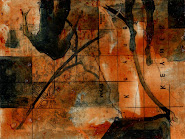

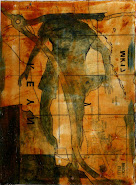

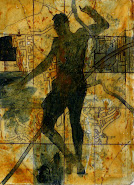

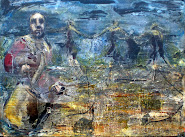

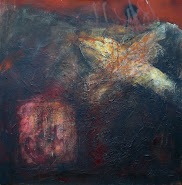

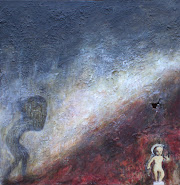

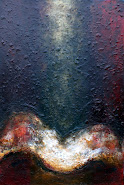

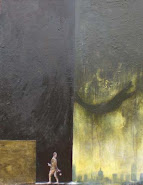

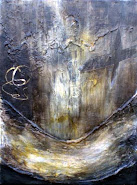

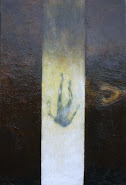

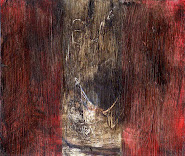



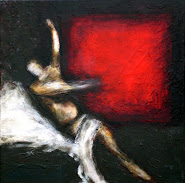


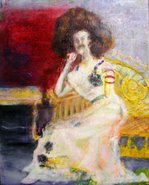
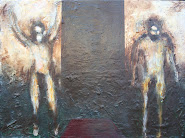
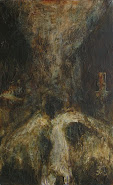

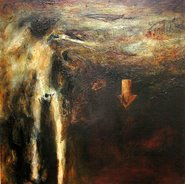
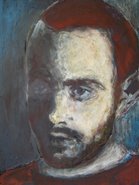
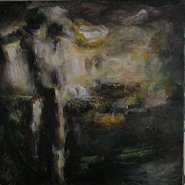
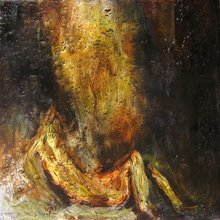
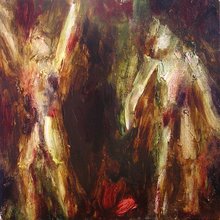
No comments:
Post a Comment